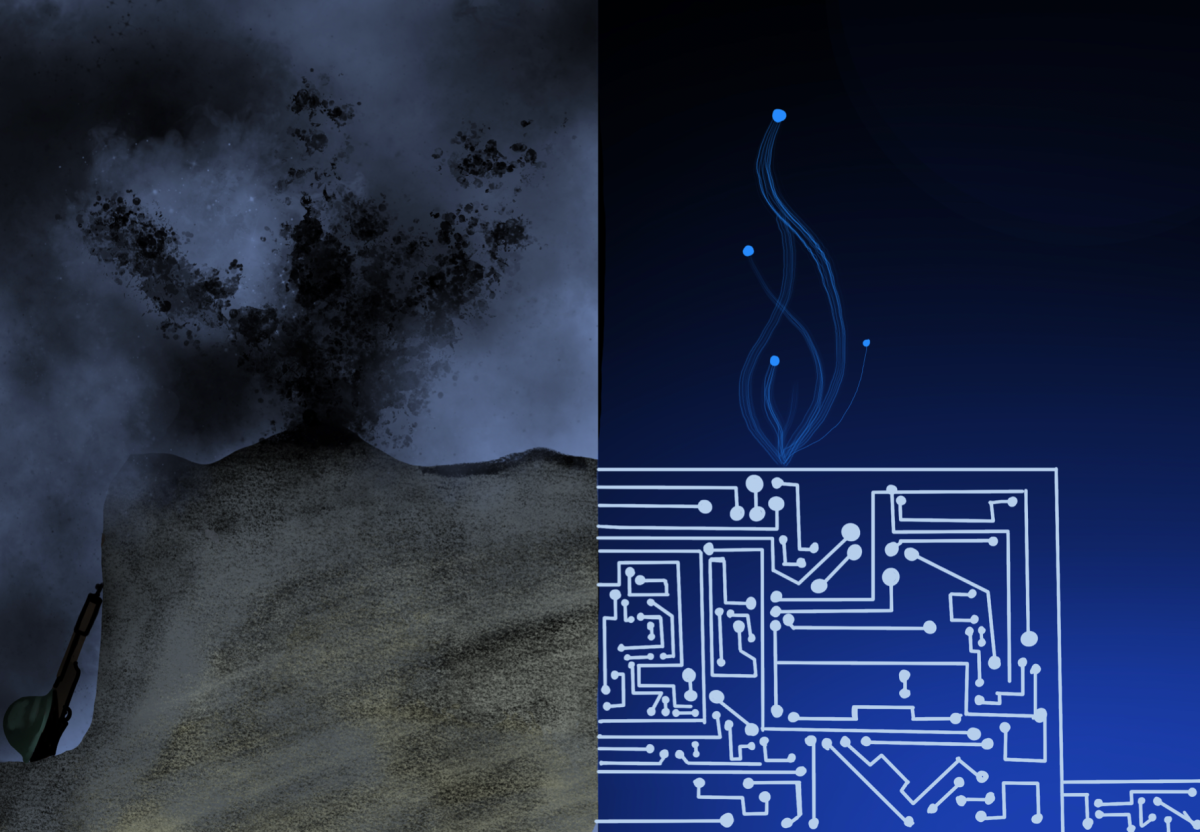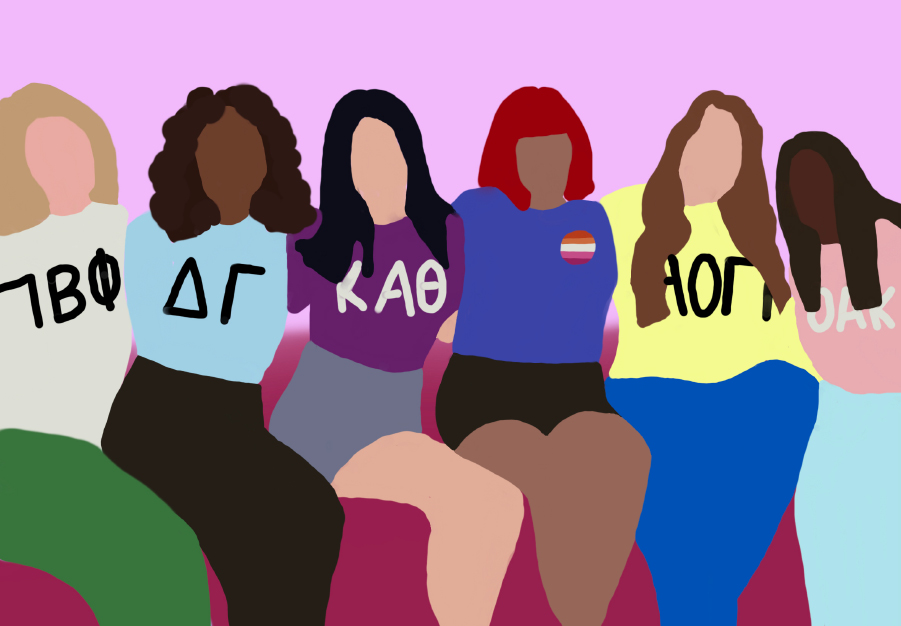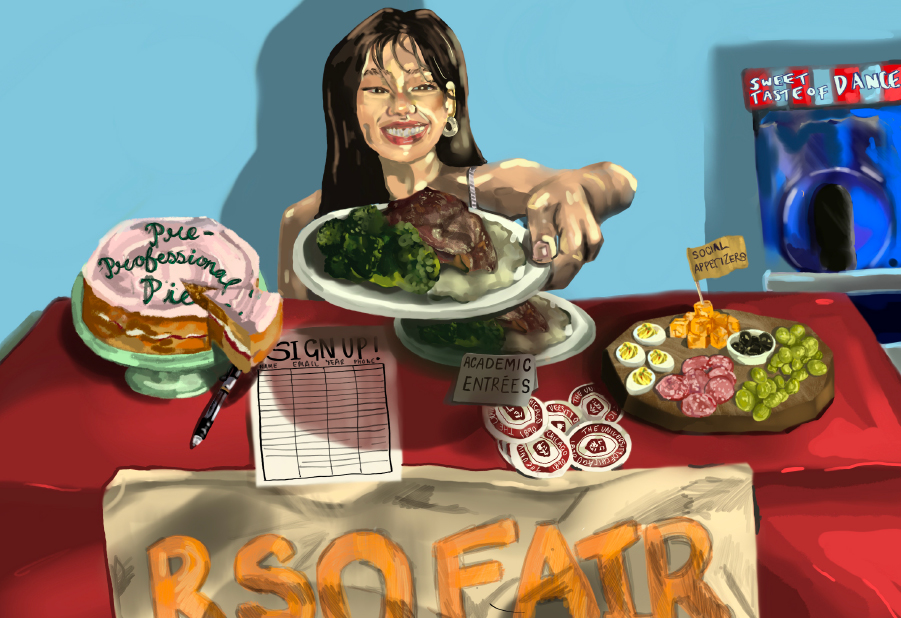The University of Chicago has changed its requirements for the Dean’s List and will begin awarding Latin honors as of the 2019-2020 school year. Surprised? You’re not alone. The administration did not announce the changes—the student body wasn't notified, and moreover, three faculty members I reached out to said they were not notified as well, nor did the University publish a press release. Instead, they updated the College Catalogue. This lack of communication reflects as poorly on the administration as do the changes themselves, which are neither consistent with the honors policies of other top Universities nor, more importantly, in the best interests of students’ already-challenged mental health.
Despite the lack of communication, some might attempt to justify the changes by arguing that the University wanted its awards to be equivalent to those of its peer institutions. However, that cannot be the case—these changes simply don’t have that effect. Yale, Harvard, and Stanford, among many other Universities, do not have Dean’s Lists. As for Latin honors, Stanford does not have them. Though Yale and Harvard do, following these schools’ lead isn’t nearly a strong enough reason to create such a system at UChicago.
Since the 1995-96 school year (the oldest archived College Catalogue on the College’s website), students with a GPA of 3.25 or higher have been eligible for the Dean’s List, an honor that typically commends students for excellent academic performance in a given year. As of 2019-20, however, the honor will go only to the top 20% of students.
Because UChicago does not release GPA data (individually or in aggregate), it is unclear if this change alters the group of students eligible for the Dean’s List. However, the 3.25 threshold was remarkably lower than that of similar colleges with Dean’s Lists (Columbia’s is 3.6, for example), and the University may have felt, as Harvard did in 2001, that too many students were eligible. If this is true and the change does increase the threshold, students’ futures could be seriously affected. A student who maintains the grades that would have made them eligible for the Dean’s List in the past risks being unable to make the cut under the new standards. This is important because potential employers, who may use the Dean’s List as an easy metric to gauge the quality of a student without deeply reviewing their resumé, will not necessarily know about the change in eligibility standards. They will simply see a student who could no longer make the Dean’s List.
In the past, students could see if their GPA met the 3.25 threshold if they wanted to determine their eligibility for the Dean’s List. However, with the shift to a percentage cutoff, such determination becomes impossible: as previously noted, the University does not publish percentage rankings or students’ GPAs (individually or in aggregate), so students neither know their percent-rank before the Dean’s List is announced, nor can they use historic percentage and GPA data to determine which percentile their GPA might fall into.
Why is it important for students to be able to self-assess whether or not they make the Dean’s List? Because I predict that not having a clear GPA cutoff will make students even more preoccupied with grades than they already are, and will cause them to struggle with more stress and uncertainty than they currently face. Given that University-provided mental health resources continue to be subpar, there’s no reason UChicago needs to add any extra stress to students’ plates.
The College Catalogue also states another change: for the first time since the school’s founding in 1890, students whose cumulative GPA places them in the top 25 percent, 15 percent, and 8 percent of students by major over the past five years are eligible for Latin honors—cum laude, magna cum laude, and summa cum laude, respectively. According to the catalogue, candidates for magna and summa cum laude will be evaluated by a College committee who will consider each student’s “broad engagement with the curriculum by, for example, promoting students who have taken graduate courses, taking [sic] multiple majors, attempting [sic] courses across divisional boundaries, taking [sic] extra courses, and completing [sic] minors.” Students eligible for summa cum laude will be evaluated even more closely for the “breadth and depth of [their] engagement with the curriculum outside of their primary major.”
As laid out by the Catalogue, Latin honors will reward students for prioritizing academics over every other aspect of their lives—a disturbing prospect given how seriously I predict UChicago students will take the new awards. Students who care about these honors (and many will) will choose the highest-possible course load to maximize the “breadth and depth of [their] engagement with the curriculum outside of their primary major.” Instead of making new friends, exploring the city of Chicago, or enriching their lives with other extracurricular experiences, students will tack on an extra major, make space for a minor, and sequester themselves in libraries and in their rooms.
In my year and a quarter at this school, I have searched for interpersonal connection and have cried when unable to find it. I have stayed up past midnight trying to balance a rigorous academic calendar and commitments to new RSOs, have become schedule-obsessed only to realize how terrible that is for my mental health. I am lucky enough to have found wonderful friends in my house; yet, at times, I have still felt isolated, sad, frustrated, like I am fighting to create and maintain friendships with people from classes and RSOs. I know that many of my peers have also felt this way.
If this is our experience with UChicago’s academic rigor before these honors, what do we see in the future? Once students realize (and they soon will) that further-intensified academic calendars will increase their chances of being awarded Latin honors, I can only imagine that intellectual passion and social interaction will vanish, replaced with pursuit of “broad engagement with the curriculum.”
Given the overall negative impact on students’ lives, I have to wonder: why did the University make these new cutoffs and honors? Why now? What do they hope to gain? University administrators should openly announce the changes, explain their motivations, and own up to the issue the changes create for their students. In the meantime, I hope that students will not place too much weight on superficial awards, but will take time away from academics to be with friends, watch a movie, draw, read (not for a class!), and engage with one another in fulfilling, meaningful ways.
Elizabeth Winkler is a second-year in the College.







